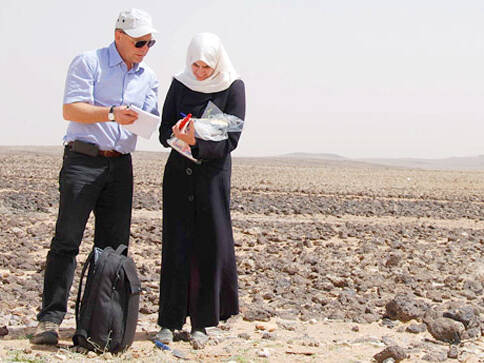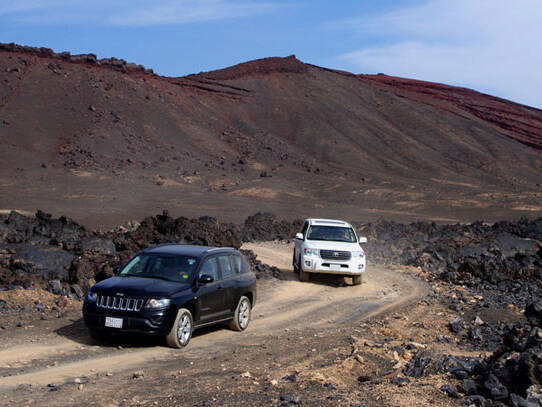General Invitation: Future Food Systems 2026
As you know, we are on a trajectory to reach a temperature increase of 3.5 degrees Celsius by the end of this century, with catastrophic consequences, as each degree Celsius corresponds to a reduction in crop yields of about 10%, meaning that we would lose a third of food and feed production by 2100.
Global warming due to the emission of greenhouse gases has become a major challenge.
Global warming due to the emission of greenhouse gases has become a major challenge for maintaining nature and agricultural productivity. At the same time that food production should increase by about 50 % until 2050 to compensate for the increase in human world population, today 1.5 billion people already depend on land that is slowly degraded by desertification. On the other hand, harvest losses by drought and heat amount close to 60 % of total productivity, making the improvement of abiotic stress tolerance a main aim in crop improvement in the world. So far, little success has been achieved in projects to find appropriate answers to any of the above challenges and new thinking and ideas are urgently needed. We propose a strategy to study soil and plant-associated microbes and desert plants to sustainably adapt vegetation and agriculture to conditions using minimal irrigation and withstanding high temperatures.


Heribert Hirt
Principal Investigator
"Since plants have colonized land, they have evolved mechanisms to respond to changing environmental conditions and settle in extreme habitats."
Although many plants lack the adaptive capability to adapt to stress conditions, the ability of a variety of plants to adapt to extreme environmental conditions that exist in desert areas appears to depend on the association with microbes, raising a number of questions: What distinguishes the microbes and plants that are adapted to extreme environmental conditions from those living in temperature zones? Can all plants improve stress tolerance when associated with appropriate microbial desert partners? Can we develop intelligent systems to predict what microbial functions are needed to allow a given plant species to grow on a particular soil and adapt to extreme environmental conditions of water scarcity and heat?
PlantACT!
Heribert Hirt is speaker of PlantACT!, a global Think Tank of plant scientists engaged in finding solutions to climate change.


A Global Knowledge Base Of Desert Rhizosphere Microbes
The identification of the rhizosphere microbes that are associated with pioneer plants that live under extreme heat, drought and/or salt conditions could lead to new metabolic pathways and compounds with applications in medicine, chemical engineering and synthetic biology and could result in new strategies to replant desert areas to transform them into sustainable agricultural systems.
Our Expeditions
Exploring the various deserts on the planet and study the plants and microbes that grow there



